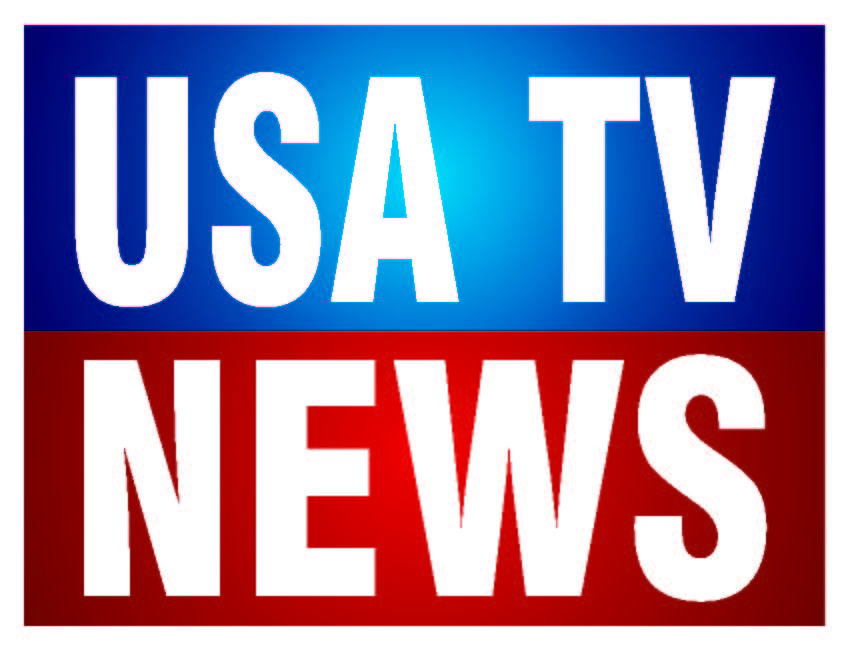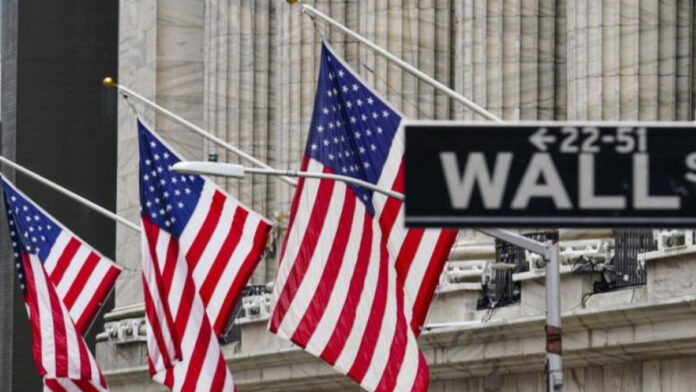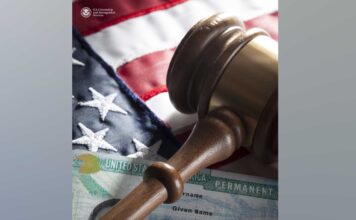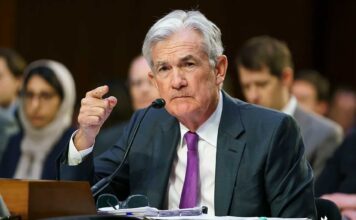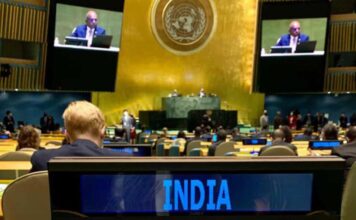Washington: As Democrats worry if any default on interest payments by the US government on its securities would lead to a global monetary crisis plus a internal constitutional monetary crisis, the best financial brains of the White House and the legal department are at work to ensure it does not as they feel they can invoke the 14th Amendment as a saviour.
Also, President Joe Biden is scheduled to meet House Speaker Kevin McCarthy on May 9 to resolve the crisis as part of a general discussion on fiscal issues, reports IANS.
At present, both sides are unrelenting in their stands – Biden does not want spending cuts to his welfare programmes and McCarthy feels useless expenditure cuts are enforced, the treasury will bleed out leading to a crisis in payments, media reports said.
The US government breached the debt ceiling limit early this year, crossing $1.4 billion, and asked the Congress, now retaken by the Republicans, to raise the borrowing limit of the government to redeem its interest payments to investors in US treasury bonds globally. The Republicans wanted Biden’s administration to double down on its expenditure and enforce spending cuts on its social welfare programmes in exchange for raising the debt limit.
McCarthy has introduced a bill on behalf of the GOP to enforce spending cuts by the government in order to raise the debt ceiling limit and government ability to borrow to redeem its payments to investors. The government may run out of money if a solution is not found as early as next month, claims The New York Times in a report.
Biden officials are entertaining a legal theory that previous governments have ruled out before them.
During the meeting between Biden and McCarthy on May 9, both sides are expected to discuss and resolve their differences over spending cuts and raising the borrowing limit of the government to avoid a US monetary crisis that could rattle global financial markets.
Biden’s government faces a constitutional challenge to the debt limit. His financial aides are floating a theory that the government could invoke the 14th Amendment to continue issuing new debt to pay the bondholders, social security recipients, government employees and others, even if the Congress fails to lift the limit before the so-called ‘X’ date.
As per Treasury Secretary Janet Yellen, the treasury can hold on to make payments till June end after which she would have to resort to extraordinary measures that could prioritise payments bringing into conflict of interests between Biden’s welfare programmes and obligations to payouts to investors and bond holders. That could rattle vote banks in the Democrat-ruled states if senior citizens’ benefits are not paid out. That too in an election eve year.
White House officials and media reports said that under the 14th Amendment to the Constitution, “the validity of US government’s public legal debt including those incurred pension payouts and bounties for services in suppressing insurrection or rebellion shall not be called into question”, reports said.
As there is no rule book by which Washington can avoid a debt repayment crisis, the Treasury could try to prioritise payments, paying the bondholders first. But if the US defaults on its payments, it could throw global money markets into a major crisis, rattling bond holders and investors.
Theoretically, the Federal Reserve could step in to buy some of those Treasury bonds which are up for payments.
US bank shares nosedive
New York: US stocks fell steeply as investors grew fearful that the turmoil in the banking sector has not been contained, and ahead of a key policy decision from the Federal Reserve, according to a media report.
The Dow fell about 550 points, or 1.6 per cent, by midday Tuesday. The broad-based S&P 500 slid 1.7 per cent and the tech-heavy Nasdaq slipped 1.4 per cent, CNN reported.
All three major indexes are on pace to end the week down.
Shares of PacWest Bancorp tumbled about 22 per cent, paring back earlier losses. Western Alliance Bank fell about 16.3 per cent and New York Community Bancorp declined 6.6 per cent. The SPDR S&P Regional Banking ETF, which tracks a range of mid-sized banks, dropped about 7.3 per cent, CNN reported.
The big banks weren’t spared. Wells Fargo fell 3.9 per cent, Citigroup slipped 2.3 per cent and Bank of America declined 3.6 per cent.
Shares of JPMorgan Chase dropped 1.1 per cent after notching a 2.1 per cent gain on Monday, following its purchase of most of collapsed regional lender First Republic Bank’s assets.
While CEO Jamie Dimon assured shareholders on a Monday call that the banking tumult has been contained, investors still appear to be skittish.
